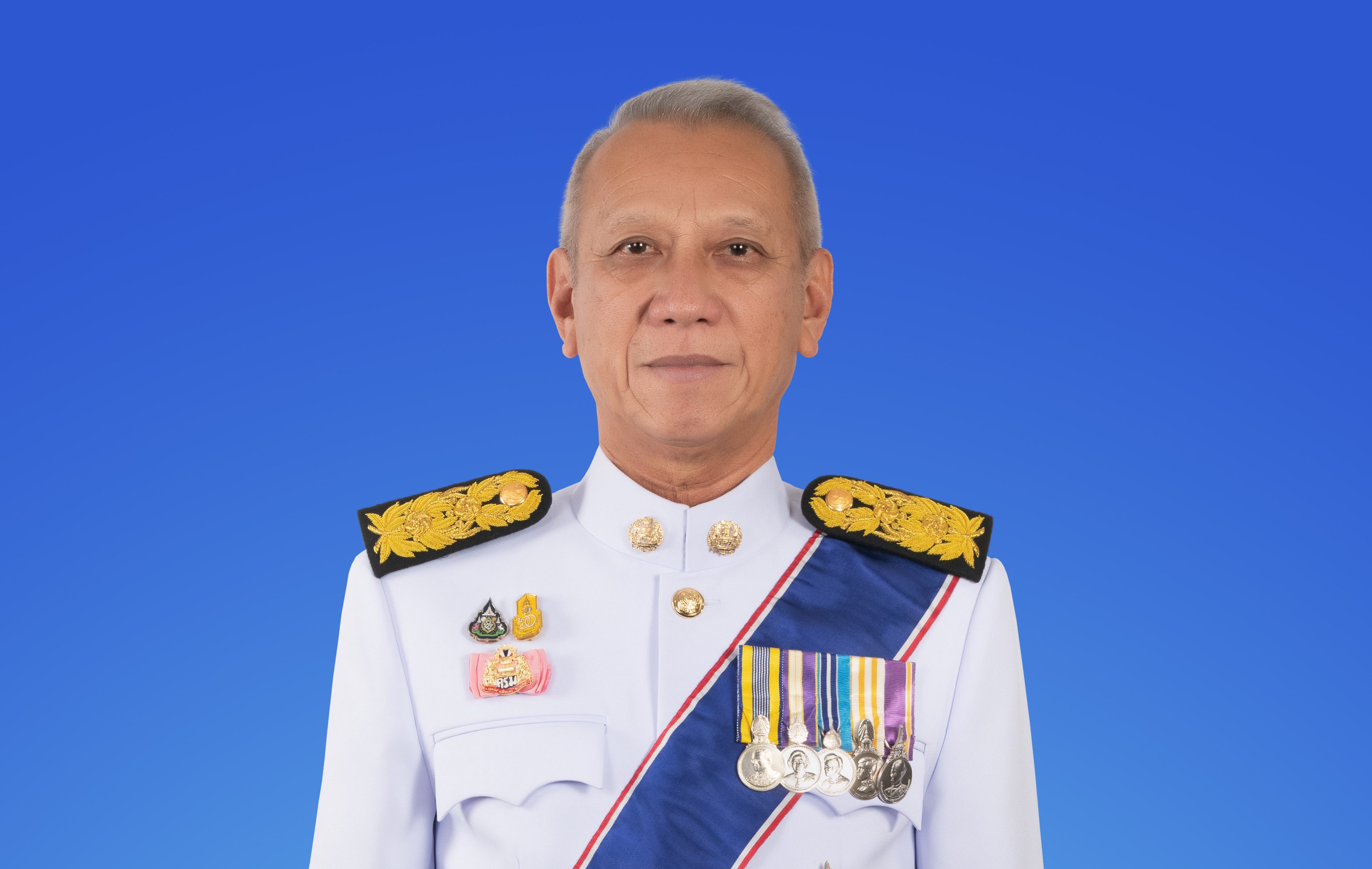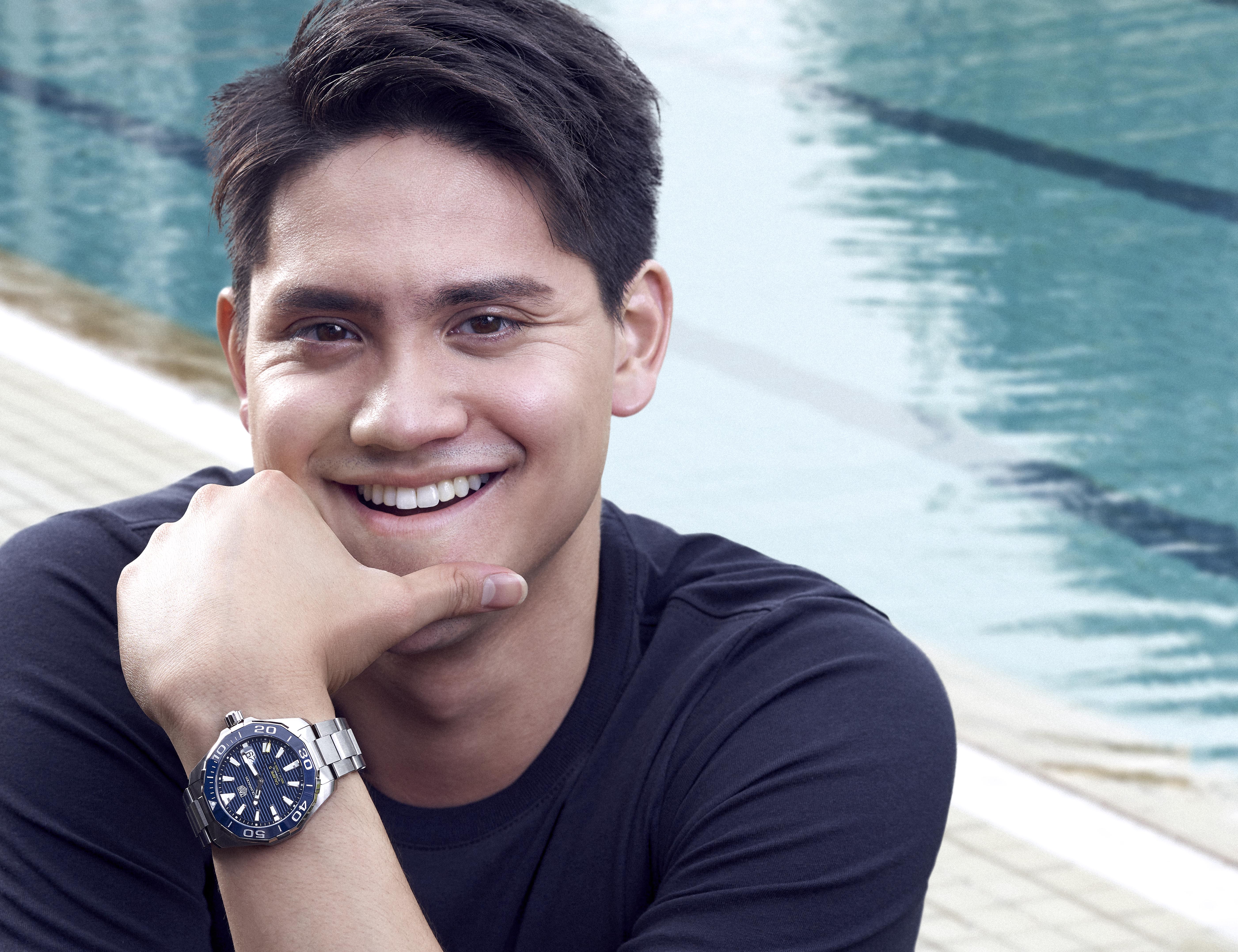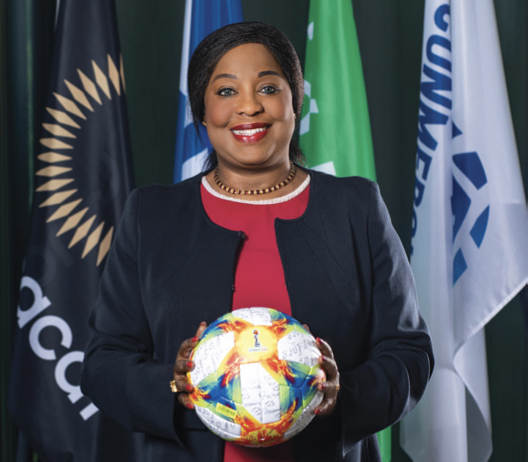


Minister Phiphat Ratchakitprakarn tells The ASEAN about the goals of ASEAN in the field of sports and the changes and challenges brought about by COVID-19. He also discussed how ASEAN Member States can promote inclusiveness in sports and support their top-ranked and world-class athletes.
Can you provide a brief overview of the state of sports development in the ASEAN region? What are the bright spots, and what areas need improvement?
Sports development in the ASEAN region aims to promote healthy and active lifestyles to improve the physical, mental, and social well-being of the ASEAN Community.
To improve the quality of sustainable community-based sports and strengthen the capability of local communities, we need to provide activities or sports for all and promote people’s well-being of all ages.
Moreover, we should encourage sports integrity by increasing awareness on anti-doping measures.
Sports can also help promote gender equality at national and regional levels.
In ASEAN, the area of the sports development still faces difficulties and challenges associated with technology and know-how.
What are the goals and responsibilities of the ASEAN Ministerial Meeting on Sports (AMMS) for the field of sports?
One, to promote equality and accessibility to sports regardless of gender, age, social status, and physical condition.
Two, to achieve the goal of sports excellence for competitions at both national and international levels.
Three, to support and exchange knowledge on sports within and outside ASEAN to enhance cooperation among experts on sports and drive the ASEAN sports movement by sharing best practices and exchanging experiences.
How has the COVID-19 pandemic derailed or reoriented the goals and plans of AMMS for sports?
The COVID-19 pandemic has had very considerable effects on sports and physical activity. In the early stages of the pandemic, most major sporting events at international, regional, and national levels were cancelled or postponed. Therefore, the AMMS had to work closely and adapt rapidly to find innovative solutions to ensure the effective recovery and reorientation of the sports sector. We did this by creating new operational models to facilitate future sporting events that are safe and accessible for all—for example, the use of digital platforms for sports events and physical activities.
What initiatives have been taken by the AMMS and your country to promote inclusion in sports?
The (Thai) Cabinet approved the 2021-2026 Bio-Circular-Green (BCG) Economy Model Strategic Plan and declared it as the national agenda that will lead Thailand to achieve the goals of a high-income country in accordance with the UN Sustainable Development Goals (SDGs).
The Ministry of Tourism and Sports drives “the clean sports” project under the 2021-2026 BCG Strategic Plan to promote various environmentally friendly sports events, including the use of renewable materials, after the outbreak of the COVID-19 (Post COVID-19 Strategy). The main goals are to develop the resilience of the sports industry towards sustained economic growth, and ensure sports’ preparedness to external and environmental threats.
This project is considered an innovative approach that emphasises the importance of future environmental impacts. For example, the selection of the host country for world-class sports, such as the Olympic Games, has to consider the preservation of our natural environment and the use of renewable and sustainable resources, so that the construction of facilities is not a wasteful investment that becomes a burden of the host country.
As sport events involve a large number of participants, venues are often littered with plastic, water bottle, styrofoam boxes, etc., producing large amounts of garbage and wasting volumes of water. As a result, the Ministry of Tourism and Sports developed policies to organise all competitions that are environmentally friendly, campaigned to limit the amount of waste, reduced the use of electricity and fuel, decreased greenhouse gas emissions, and promoted the use of renewable energy for environmental sustainability.
With many ASEAN citizens winning medals in the Olympics and other international competitions, what can ASEAN and its Member States do to maintain the momentum and support these elite athletes?
To maintain the momentum and support elite athletes, two main factors are necessary:
i. Maintaining the achievement levels
ASEAN must collect data to analyse the success factors of participants in international competitions, such as the physical condition of the athlete. We need to encourage the use of sports management and get support from the government, private sector, and other relevant organisations that can lead to developing work plans on sports and standardise sports development programmes as a conceptual basis for future development.
ASEAN should promote fundamental sports to develop more elite athletes. Sports science must also be used for physical and mental preparation in the pre-competition stage and in post-competition to reach the highest potential of elite athletes. In Thailand, sports science centres provide experts and equipment such as exercise physiology, sports medicine, sports biomechanics, sports psychology, sports nutrition, etc.
ii. Support for the elite athletes
Other than the prize money and payout that an athlete receives, it is important to encourage a healthy mindset for winners and losers by the use of sports psychology, reward management, and welfare for retired elite athletes. Therefore, ASEAN must seek the best practices and lessons learnt in the region to set the guidelines for Member States following the ASEAN Ministerial Meeting on Sports policy.








